Fitch Ratings
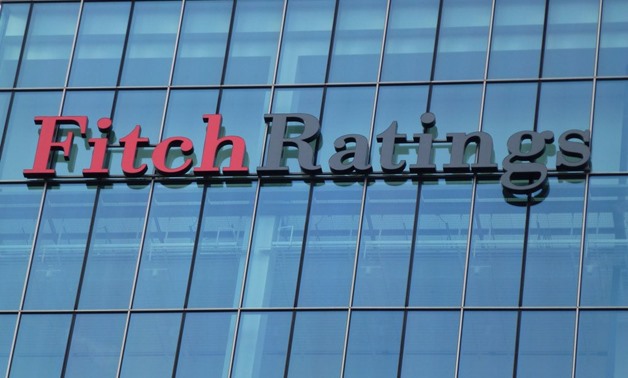
The sector’s net foreign assets deficit has narrowed significantly, dropping to $130 million by September 2024, down from $17.6 billion in January.

The agency said that the upgrade is underpinned by recent inflows from foreign investments, notably the Ras El-Hekma deal, which boosted Egypt's FX reserves.
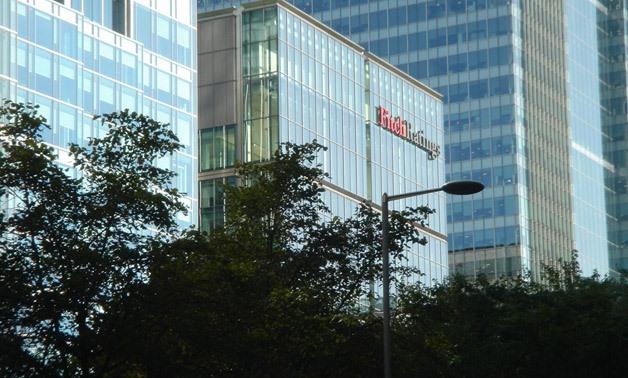
Moubarak highlighted that remittance flows from Egyptians working abroad surged to $7.5 billion in Q4 FY2023/2024

Fitch Ratings upgraded its outlook for the National Bank of Egypt, Banque Misr, Banque du Caire, and the Commercial International Bank (CIB) to positive while maintaining their respective ratings at “B-”

The Central Bank of Egypt released figures confirming an increase of $696 million in net international reserves during April, underscoring the country's growing economic strength

The move comes as a nod to Egypt's strengthened economic resilience and reduced external vulnerabilities.
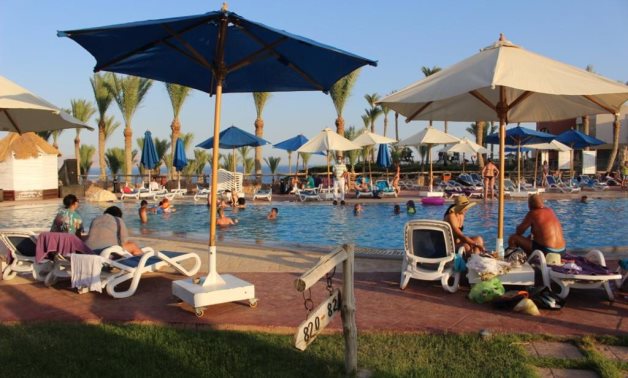
Fitch noted that the direct exchange of strikes between Iran and Israel has raised the risks of an escalation of regional conflict beyond Gaza.
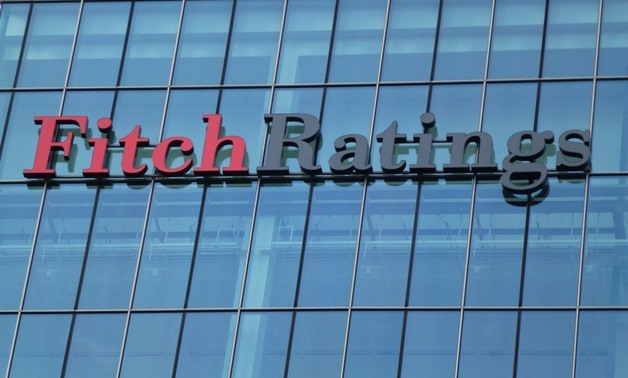
Fitch lowered its long-term issuer default rating for state-owned National Bank of Egypt, Banque Misr and Banque Du Caire, as well as Commercial International Bank (CIB)

This rating is attributed to increased risks to external financing, macroeconomic stability, and high government debt.

The banking sector saw a record net foreign liability position of $14 billion at the end of March 2023, with Fitch writing that “banks' ability to build up foreign assets was hampered by tight FC liquidity and the sovereign's high gross external financing requirements”
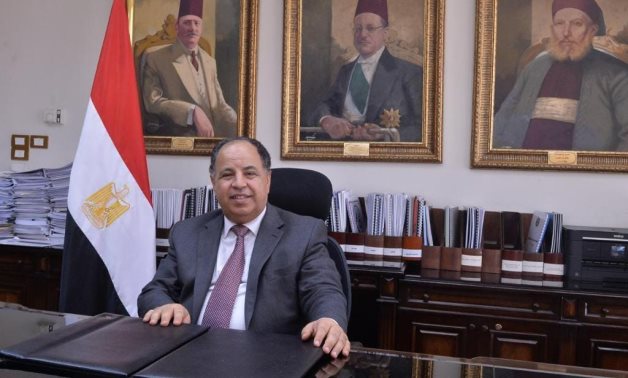
Egypt’s Minister of Finance Mohamed Maait said Fitch’s decision to downgrade Egypt to B from B+ comes amid the complex global challenges of the Ukraine war, global inflation wave, and rise in interests.

This came in a report published by the Cabinet's Information and Decision Support Center (IDSC) on Tuesday.

This came during the follow-up of the Information and Decision Support Center of the cabinet (IDSC) on various international reports that deal with Egyptian affairs or fall within the scope of its interest.
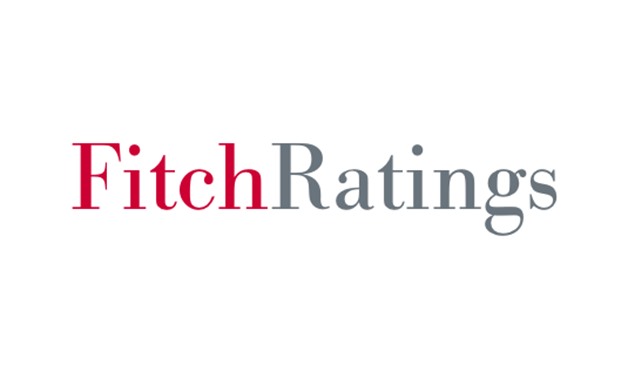
The Fitch agency found out that foreign energy and equipment companies have a greater chance to invest in Egypt in the renewable energy plans.

Egypt’s Minister of Finance Mohamed Maait said Egypt has been the only country in the Middle East and Africa to retain the confidence of the three international assessment institutions of Fitch Ratings, S&P Global Ratings, and Moody’s.

IDSC stated, in a statement, Sunday that Egypt is likely to depend mainly on thermal energy in the current period until 2030, and the energy generated from natural gas will constitute the majority of thermal energy generated during the current time.
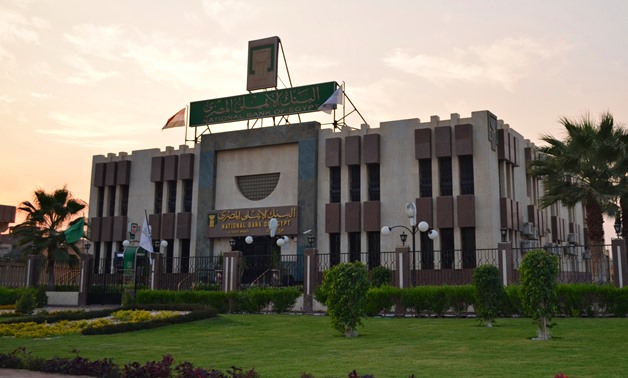
Fitch has also affirmed National Bank of Egypt (UK) Ltd's (NBEUK) Long-Term IDR at 'B+' with Stable Outlook and Support Rating at '4'. NBEUK is a wholly owned subsidiary of NBE. A full list of rating actions is below.

Fitch saw that pressures on the domestic operating environment have eased since end-3Q20, moderating downside risks to Egyptian banks' credit profiles. This reflects improving foreign-currency (FC) liquidity, with the banking sector's net foreign assets (NFAs) reaching $3.5 billion at end-April 2021.
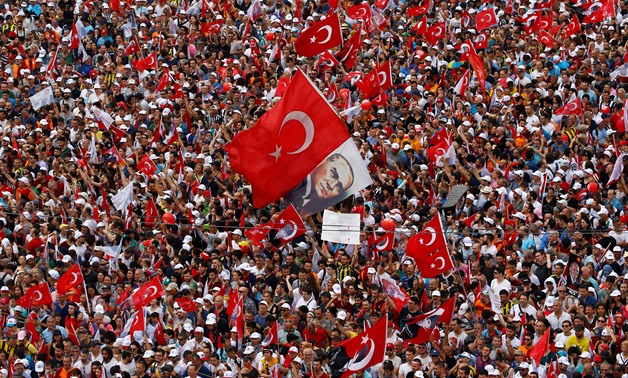
A depletion of foreign exchange reserves, weak monetary policy credibility, negative real interest rates, and a sizable current account deficit, have exacerbated external financing risks.

IMF financing will provide some support for Egypt's foreign reserves and portfolio flows may be stabilizing.